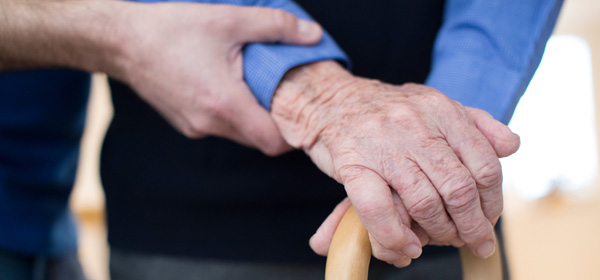Urgent change is required to address suicide rates in nursing homes around Australia, according to new study which says the current approach is not working.
The study examined suicide rates and patterns in Australia’s nursing homes and was the largest investigation of its kind in the world.
It found that 170 residents had committed suicide between 2000 and 2013 and that men over 65 who had been diagnosed with depression were most at risk.
Nearly 70 per cent of those who had taken their own lives were male, 66 per cent had been diagnosed with depression and nearly 80 per cent had been experiencing major stresses such as deteriorating health, according to Suicide among nursing home residents in Australia: A national population-based retrospective analysis of medico-legal death investigation information.
“Our findings highlight that older men with depression entering aged care are at heightened risk of suicide and our aged-care system isn’t equipped to provide the support to protect them,” the study said.
While there was a perception that suicide was more common among younger people, adults over 65 – and particularly males – had one of the highest suicide rates of all age groups around the world, it said.
The study also debunked the theory that depression was a normal part of getting old, finding that more than 50 per cent of residents in nursing homes suffered from depression compared with just 10 to 15 per cent of adults of the same age living in the community.
“The much larger figure of those suffering depression in nursing homes raises some serious questions. This includes whether these people were depressed before they were admitted to care, or became so afterwards.
“And while there are strong links between depression and suicidal behaviour, not everybody who is depressed takes their own life.
“Similarly, not every person admitted to aged care has a negative experience or response.”
The study, published in the International Journal of Geriatric Psychiatry earlier this month, made the following recommendations:
- change at a national policy level to lift the overall quality of aged care, with a focus on improving access to mental health services
- increased recognition of the risk of suicide among older adults plus follow-up procedures for nursing home residents who show signs of depression or who are not coping well
- family and friends to help maintain their loved ones’ social connections and advocate for assessment and treatment if a resident is sad, lonely, isolated and withdrawing.
Are you in the danger category? Do you know someone who is?
Related articles:
Abuse soars in aged care
Guinea pigs ‘eat better’
Homes face spot checks

